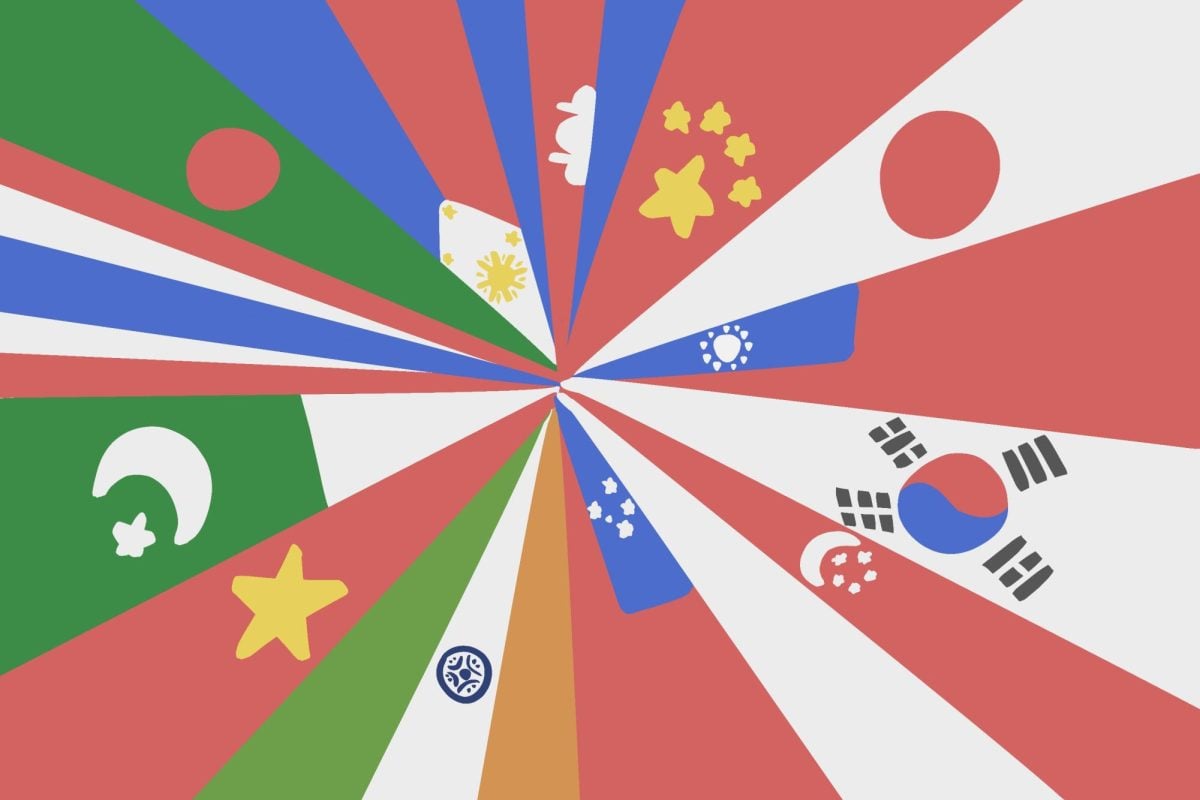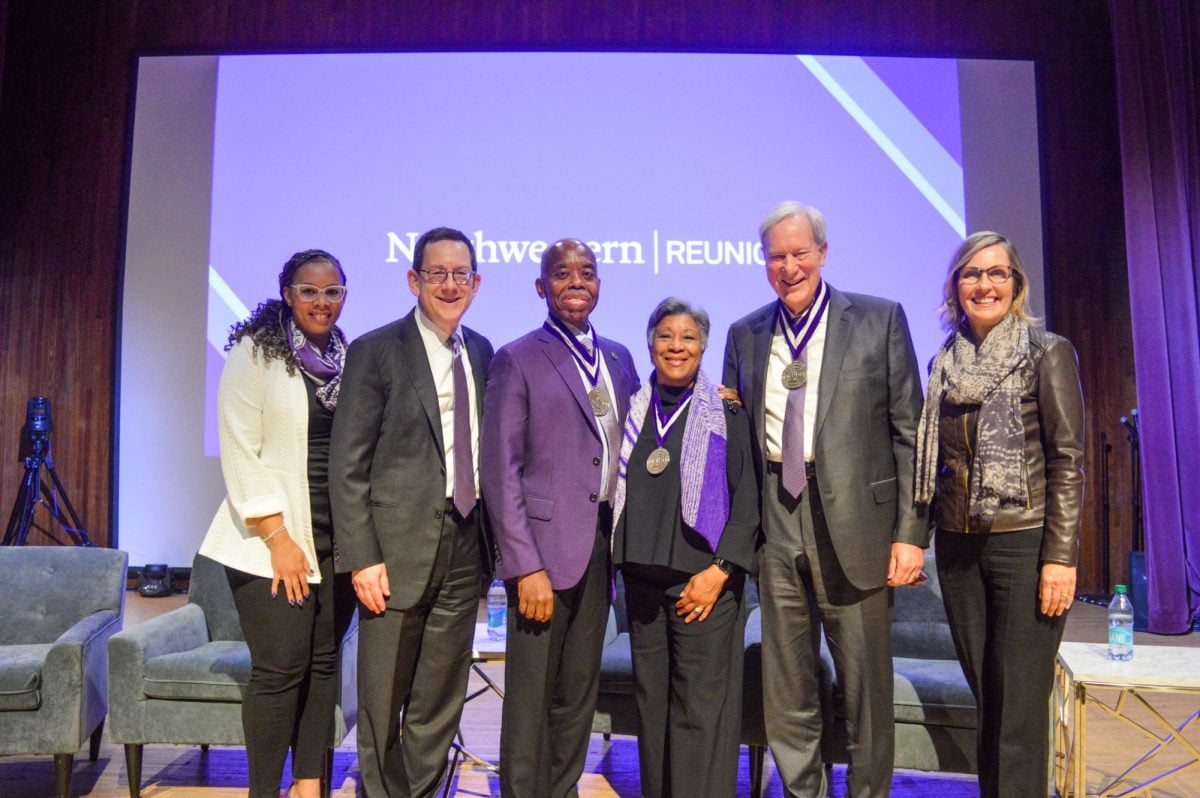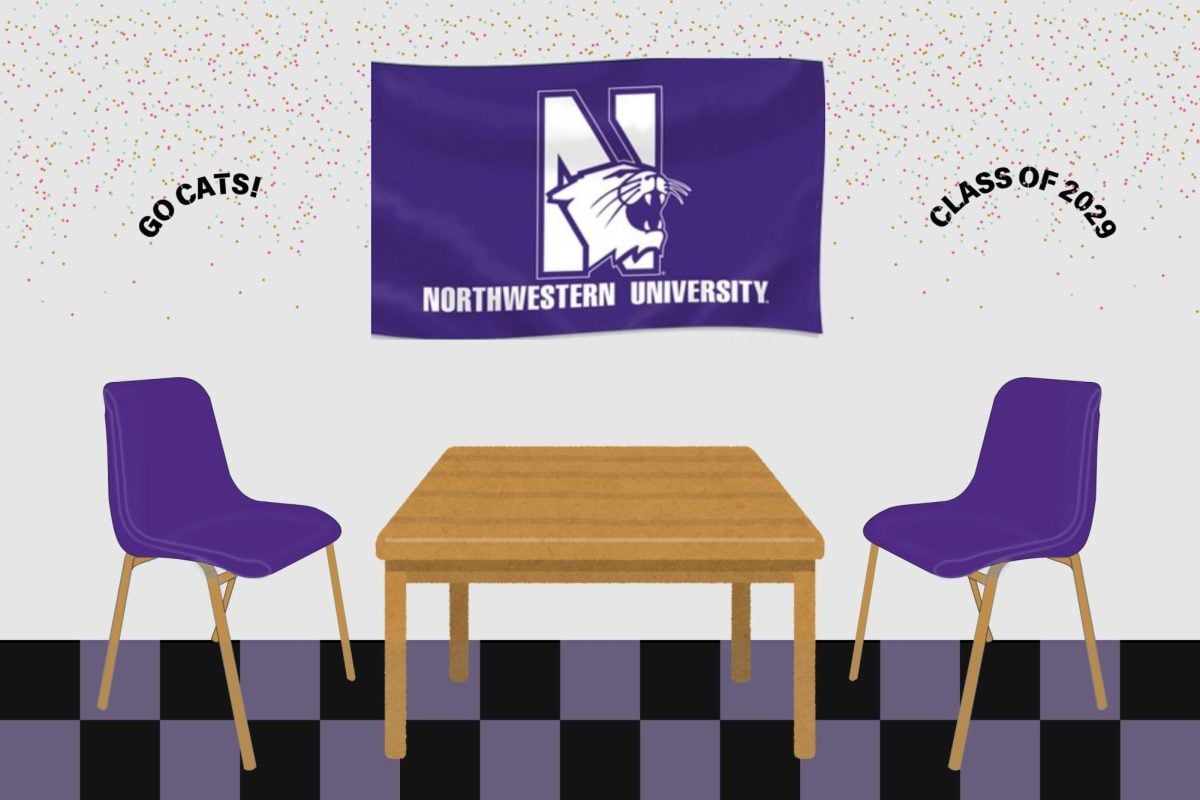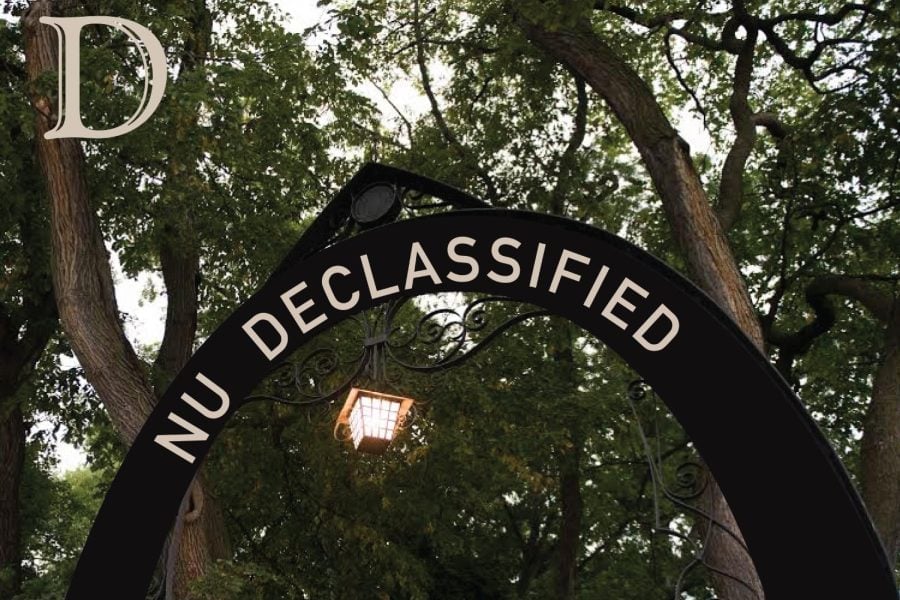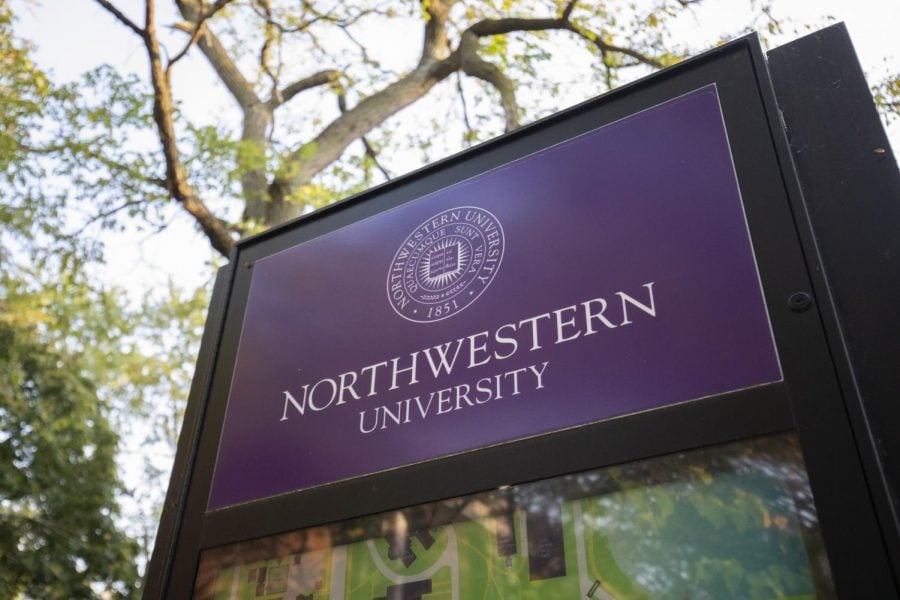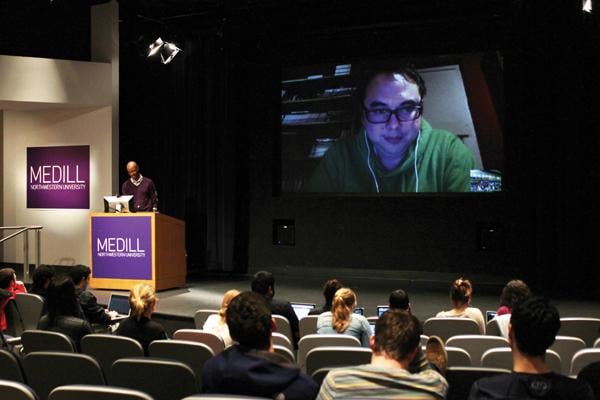
Deadspin Editor in Chief Tommy Craggs (BSJ ‘01) spent more time face-to-face with Northwestern students Tuesday than Manti Te’o did with his fictional girlfriend during their entire cyber relationship.
Craggs chatted with students from his alma mater via Skype to discuss breaking the story of the hoax, one in which the University of Notre Dame linebacker says he is an innocent victim.
“We got a lot of credit for reporting on this, but it’s not totally deserved because it’s a very obvious way of reporting a story,” Craggs said to an audience of about 30 students and Medill staff in the McCormick Tribune Center.
The story of Te’o and his mysterious relationship has perplexed media, readers and fans since Deadspin published an article Jan. 16 revealing the linebacker’s girlfriend, Lennay Kekua, who had reportedly died of cancer earlier in the fall, did not actually exist. Te’o said he had developed a close online relationship with Kekua, who Te’o and other sources now say was a hoax orchestrated by his friend Ronaiah Tuiasosopo.
A celebrated player who led a successful football season, Te’o garnered national attention when major media sources reported that Te’o’s grandmother and Kekua had died within hours of each other in September.
Prof. Charles Whitaker, who taught Craggs while he was at Medill, mediated the discussion. He said he has known Craggs for about 12 years and speaking with him was like talking to a friend.
“It’s always great to see alums doing amazing things, especially in the digital media, and we want to connect students to that,” Whitaker said.
Craggs began the Skype session by explaining how the news site began investigating the hoax. He had received a call from a man in Te’o’s home state of Hawaii who told him to look into the story. Craggs said the tip came in on 4:30 p.m. the Friday before the story broke, and within hours Deadspin was unraveling the story.
Craggs and his staffers responded to the tip by researching basics, checking into whether there were any records of Kekua’s death and what records Stanford University, her reported school, had on her.
“It took about five minutes of Googling to see there was a hole in this story,” Craggs said.
He explained that by Friday evening, he was certain something was wrong with the story. When Deadspin staffers could not find any public record of Kekua’s existence, Craggs described his excitement.
As the Deadspin staffers strung together the facts, Craggs said his priority was organizing the baffling story in a clear way for readers. Forty-five minutes before the story was published, Craggs said, the staffers contacted the Te’o family and Notre Dame. When both were unavailable or unwilling to comment, Craggs gave the story the green light.
“This is the perfect Deadspin story,” Craggs said. “The idea of writing the unauthorized version of events in the sports world. The story you get when you don’t have access is in a lot of ways the better story because you aren’t compromised and you’re not sponsored.”
Craggs divided the story into two hoaxes, the first being the social media trick Tuiasosopo allegedly played on Te’o and the second being Te’o himself portraying the social media relationship as “the love of his life” to reporters.
To Craggs, Te’o’s role in the matter is still unclear. Although many questions about the hoax remain unanswered, Craggs said he does not think there will be any more big revelations. He added it does not surprise him that a story like this could have progressed so far with the media in the first place.
Craggs said the real problem was in the sports media’s desire to tell a “sappy, infantilizing, love-story-type story.”
“They were going to tell that story come hell or high water,” he said. “To my mind that’s the bigger problem and sort of the nuts and bolts of fact checking.”
Elise Menaker (Medill ‘12) said she came to the talk because of her interest in sports journalism and the story’s high-profile nature.
“This story had huge impact, and it’s great to hear from the man himself,” she said.
Other Medill professors who attended the discussion also spoke highly of Craggs’ time at Medill.
“He’s a well-rounded journalist and the kind of editor who knows good sourcing, good writing and good reporting,” said Roger Boye, a Medill professor emeritus who taught Craggs and mentored him in the Medill Cherubs summer program. “It shows what you can do with a Medill education.”
